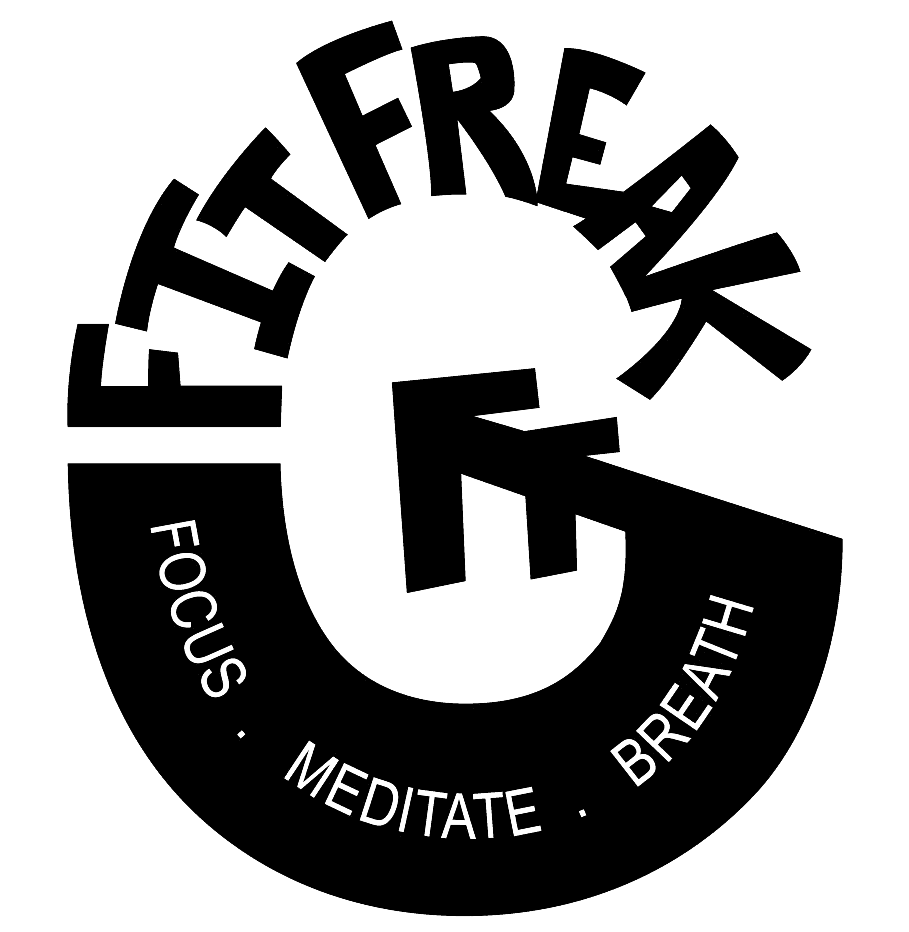Concentrated Whey Protein vs Isolate vs Hydrolyzed: Which Whey Protein is Right for You? 2023

As a fitness enthusiast or athlete, you know that protein is a crucial nutrient for building and repairing muscle, improving athletic performance, and supporting overall health. If you’re looking to supplement your diet with whey protein, you have a number of options to choose from. However as for the major categories. Whey protein is divided into three categories, concentrated whey protein vs isolate vs hydrolyzed.
But what’s the difference between concentrated whey protein vs isolated vs hydrolyzed, and which whey protein is right for you?
In this article, we’ll explore the differences between concentrated whey protein vs isolate vs hydrolyzed. We will also take a deep dive into their nutrition profiles, benefits, and drawbacks, to help you make an informed decision.
However, if you want to understand what is whey protein? is whey protein good for you? you can certainly have a look at my detailed article.
Also, if you are enthusiastic and passionate about fitness but are a student on a tight budget or someone who belongs to a middle-class family. You can certainly check the free-budget diet plan and the best whey protein you can get in India on a low budget. Both of them are personal and practically done by me.
Now firstly, let’s quickly check the most famous and confusing choices when it comes to choosing whey protein. Difference between whey protein isolate and concentrate.
Whey protein isolate vs concentrate:
What is Concentrated Whey Protein?
Concentrated whey protein is the most basic form of whey protein and is typically made by removing the water and lactose from milk, and then filtering out any remaining impurities. It retains more of the original nutrients found in whey.
This process results in a product that contains 70-80% protein, with the remaining 20-30% made up of carbohydrates, fat, and other nutrients.
Benefits of Concentrated Whey Protein:
- Provides a good balance of protein, carbohydrates, and fat
- Contains all of the essential amino acids needed for muscle growth and repair
- Is more affordable than other forms of whey protein
Drawbacks of Concentrated Whey Protein:
- May contain higher levels of lactose and fat, which can cause digestive discomfort for some individuals
- May contain lower levels of protein compared to isolate and hydrolyzed whey protein
What is Isolate Whey Protein?
Isolate whey protein is a more refined form of whey protein and is made by further processing concentrated whey protein to remove more lactose, fat, and other impurities.
This results in a product that contains between 90-95% protein, 5-10% carbohydrates, and very little fat making it one of the purest forms of whey protein available.
Benefits of Isolate Whey Protein:
- Is low in lactose and fat, making it a good option for individuals with digestive sensitivities
- Contains higher levels of protein compared to concentrated whey protein
- Absorbs quickly into the body, making it a good option for post-workout recovery

Drawbacks of Isolate Whey Protein:
- Is typically more expensive than concentrated whey protein
- May contain lower levels of other important nutrients found in whey
Comparison of Whey Protein isolate vs concentrate:
| Nutritional Component | Concentrated Whey Protein | Isolate Whey Protein |
| Protein % | 70-80% | 90-95% |
| Carbohydrates | 20-30% | 5-10% |
| Fat | High | Low |
| Lactose | Moderate | Low |
| Flavor | Good | Less desirable |
| Price | Affordable | Expensive |
In conclusion, both concentrated whey protein and isolate whey protein have their own unique benefits and drawbacks. If you’re looking for a good balance of protein, carbohydrates, and fat on a low-budget, concentrated whey protein might be a better option for you. However, if you’re lactose intolerant or want a higher protein content with lower fat, isolate whey protein might be the better choice.
Hydrolyzed whey protein vs Isolate:

What is Hydrolyzed Whey Protein?
Whey protein hydrolysate, also known as hydrolyzed whey protein, is a type of whey protein that has undergone a process called hydrolysis. This process breaks down the protein into smaller, easier-to-digest fragments, which makes it a popular option for athletes and bodybuilders who need quick and efficient protein absorption.
Hydrolyzed whey protein typically contains 80-90% protein.
Benefits of Hydrolyzed Whey Protein:
- Is easy to digest and absorb, making it a good option for individuals with digestive sensitivities
- Contains high levels of protein compared to concentrated whey protein
- Absorbs quickly into the body, making it a good option for post-workout recovery
Drawbacks of Hydrolyzed Whey Protein:
- Is typically more expensive than concentrated and isolated whey protein
- May contain lower levels of other important nutrients found in whey
Comparison table between Hydrolyzed whey protein vs Isolate:
| Nutrient | Whey Protein Isolate | Whey Protein Hydrolyzed |
| Protein Content | 90% or more | 80-90% |
| Fat | Low | Moderate |
| Lactose | Low | Varies |
| Digestibility | Good Digestible | Excellent Digestible |
| Price | Expensive | More Expensive than isolate |
As you can see from the comparison table, both whey protein isolate and hydrolysate have their own unique benefits. Whey protein isolate is a good option for those who are lactose intolerant or have trouble digesting other forms of protein, while whey protein hydrolysate is a great choice for athletes and bodybuilders who need quick and efficient protein absorption.
Which whey protein is Right for You?
Which whey protein is right for you will depend on your individual needs and goals.
If you’re looking for a more balanced source of protein that is more affordable, concentrated whey protein may be a good option.
If you are lactose intolerant and have digestive sensitivities or are looking for a purer and leaner source of protein, isolate Whey protein is good to go for you.
If you are professional athletes or bodybuilder who need quick and efficient protein absorption hydrolysate is a great choice for you.
Conclusion:
In conclusion, each type of whey protein; concentrated whey protein vs isolated whey protein vs hydrolyzed whey protein has its own unique benefits and drawbacks. Concentrated whey protein provides a good balance of protein, carbohydrates, and fat, while isolate whey protein is low in lactose and fat, and contains high levels of protein. Hydrolyzed whey protein is easy to digest and absorb, but is typically more expensive.
Ultimately, the right type of whey protein for you will depend on your individual needs and goals. It’s important to speak with a healthcare professional or registered dietitian to determine which form of whey protein is best for you.
Brief Comparison of Concentrated Whey Protein vs Isolate vs Hydrolyzed:
| Whey Protein Type | Protein % | Carbohydrates | Fat | Digestibility | Price |
| Concentrated | 70-80% | 20-30% | High | Good | Affordable |
| Isolate | 90-95% | 5-10% | Low | Good | Expensive |
| Hydrolyzed | 80-90% | 10-20% | Low | Excellent | Expensive |
This is all in this article, “Concentrated Whey Protein vs Isolate vs Hydrolyzed”.








6 Comments